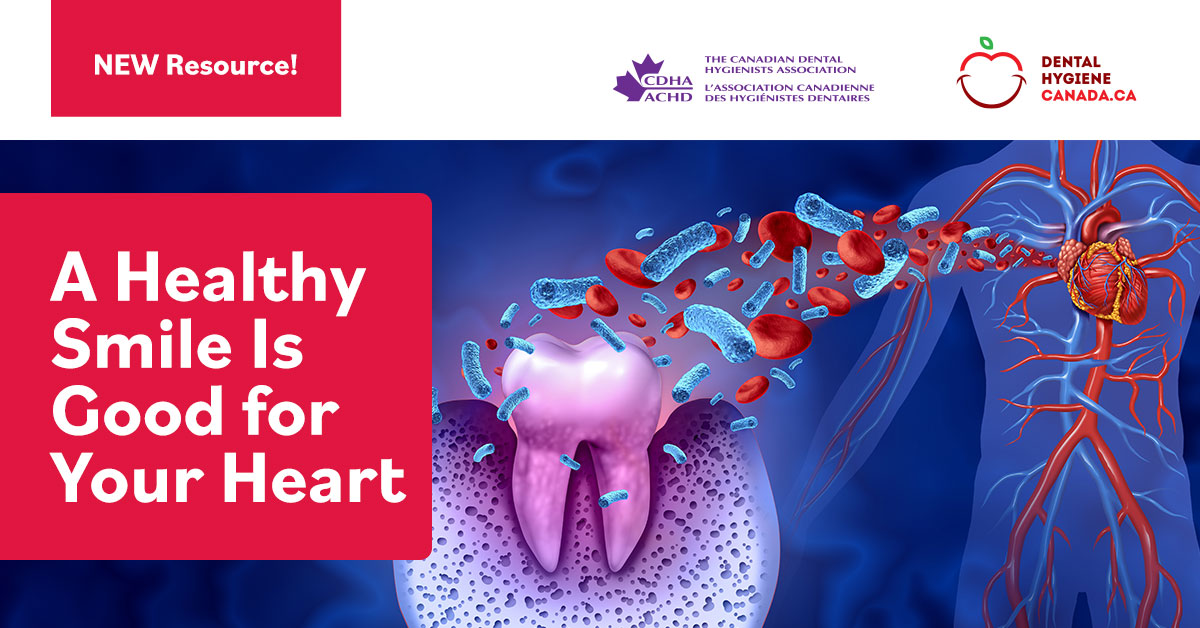Maintaining oral health is not just about having a bright smile; it plays a crucial role in your overall well-being. Recent studies have shown that poor dental hygiene can significantly increase the risk of serious conditions like heart disease and stroke. This article explores the connection between oral health and cardiovascular problems, providing insights into how neglecting oral hygiene may lead to severe health consequences.
The Connection Between Oral Health and Heart Disease
Periodontal diseases, including gingivitis and periodontitis, are more than just gum problems. Research has demonstrated that the bacteria from infected gums can enter the bloodstream, leading to inflammation throughout the body. This systemic inflammation plays a pivotal role in the development of atherosclerosis, a condition in which plaque builds up in the arteries, leading to heart disease and stroke.
Research has consistently shown a significant link between poor oral health and cardiovascular diseases (CVDs). Periodontal diseases, particularly periodontitis, can lead to systemic inflammation, which is a risk factor for heart disease. The bacteria from inflamed gums can enter the bloodstream, contributing to plaque buildup in arteries, a process known as atherosclerosis, which can result in heart attacks or strokes.
A review by Frontiers in Cardiovascular Medicine highlights how poor oral hygiene increases the risk of developing cardiovascular conditions through systemic inflammation and bacterial translocation. The inflammation causes an increase in C-reactive protein (CRP), a marker closely associated with heart disease risks. Furthermore, periodontal diseases have been shown to exacerbate conditions like hypertension and contribute to arterial stiffness, which impairs proper blood flow, further increasing CVD risks.
Another detailed study published by BMC Oral Health explored the interaction between periodontal disease and coronary heart disease (CHD), showing that oral inflammation influences various biomarkers such as LDL, CRP, and interleukin-6 (IL-6), all of which are linked to cardiovascular risk. The research also demonstrates that improving oral health could potentially lower these risk factors
How Inflammation and Bacteria Affect the Heart
Oral bacteria associated with periodontitis can cause a cascade of problems when they enter the bloodstream. Once in circulation, these bacteria trigger an immune response that leads to arterial inflammation. Over time, the inflammation contributes to the buildup of fatty deposits in the arterial walls, further exacerbating heart disease risk.
This continuous cycle of inflammation and immune response weakens the body’s ability to regulate its cardiovascular system. This is why untreated gum diseases can increase the risk of life-threatening events like heart attacks and strokes【7†source】.
Risk Factors You Should Know
Several factors make individuals more susceptible to both oral health issues and cardiovascular problems:
- Smoking – A well-known risk factor for both gum disease and heart disease.
- Diabetes – Increases the likelihood of periodontitis, which can worsen heart disease risks.
- Poor Diet – High-sugar diets that promote cavities also contribute to systemic inflammation and artery damage.
How to Protect Your Heart Through Oral Care
Preventing heart disease by maintaining good oral hygiene is a simple yet effective strategy:
- Brush and Floss Regularly: Plaque buildup on teeth can lead to gum infections, so regular brushing and flossing are essential to prevent oral bacteria from spreading to the bloodstream.
- Visit the Dentist: Routine dental checkups help detect and treat gum diseases early, reducing the chance of bacteria-related heart issues.
- Quit Smoking: Tobacco use contributes to gum disease and heart problems, so quitting can improve both oral and heart health.
Conclusion
Ignoring oral hygiene doesn’t just lead to tooth decay or gum disease; it may also pave the way for life-threatening heart conditions. By keeping your mouth clean, you can lower the risk of inflammation that affects not only your gums but your cardiovascular system as well.
Don’t underestimate the power of a healthy mouth—because a healthy mouth means a healthier heart!
For more details, visit:

